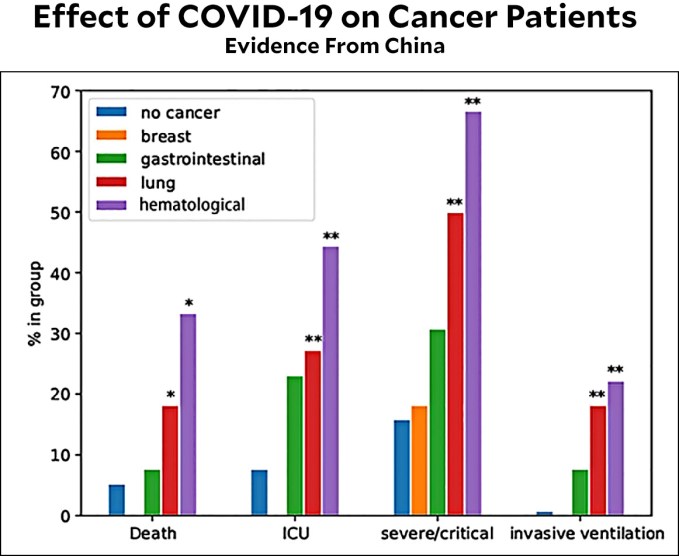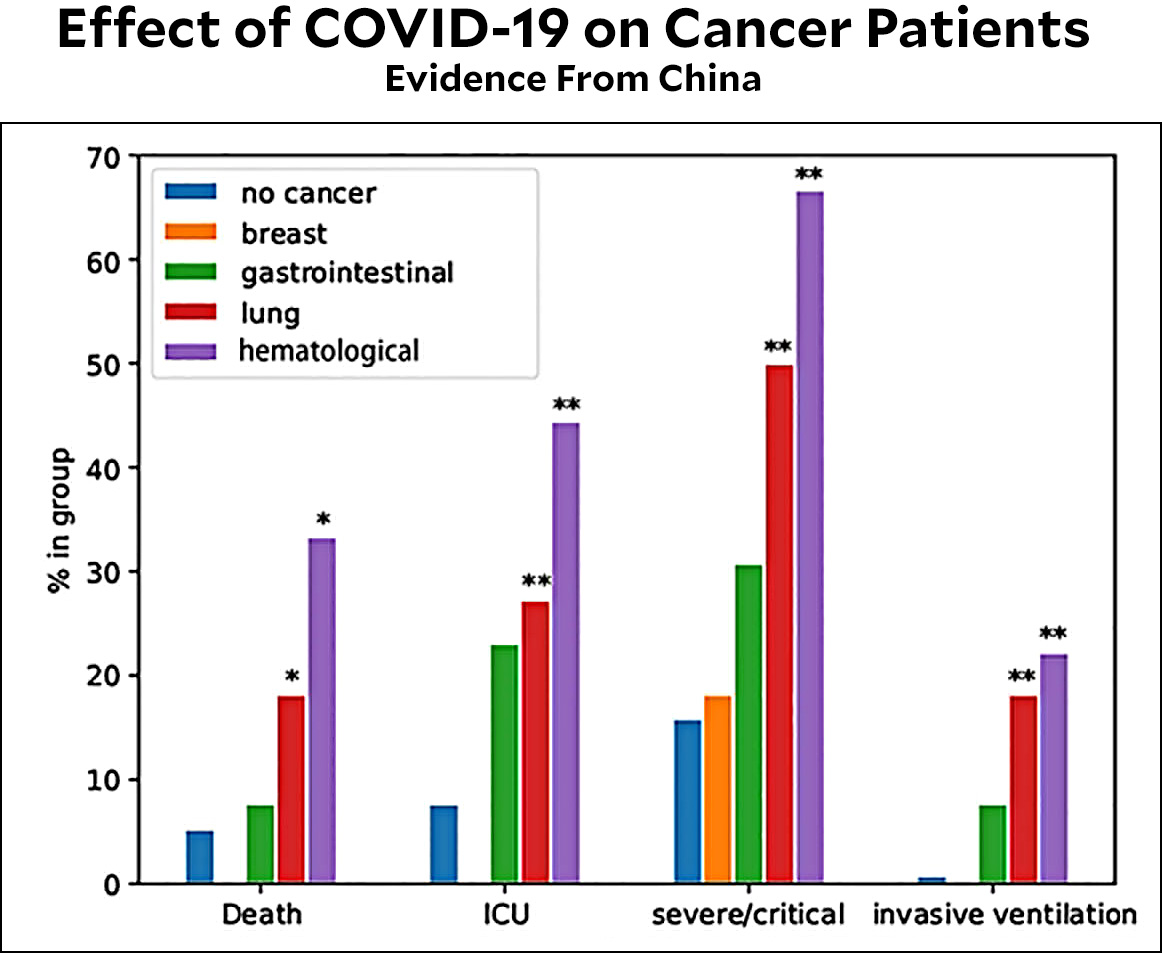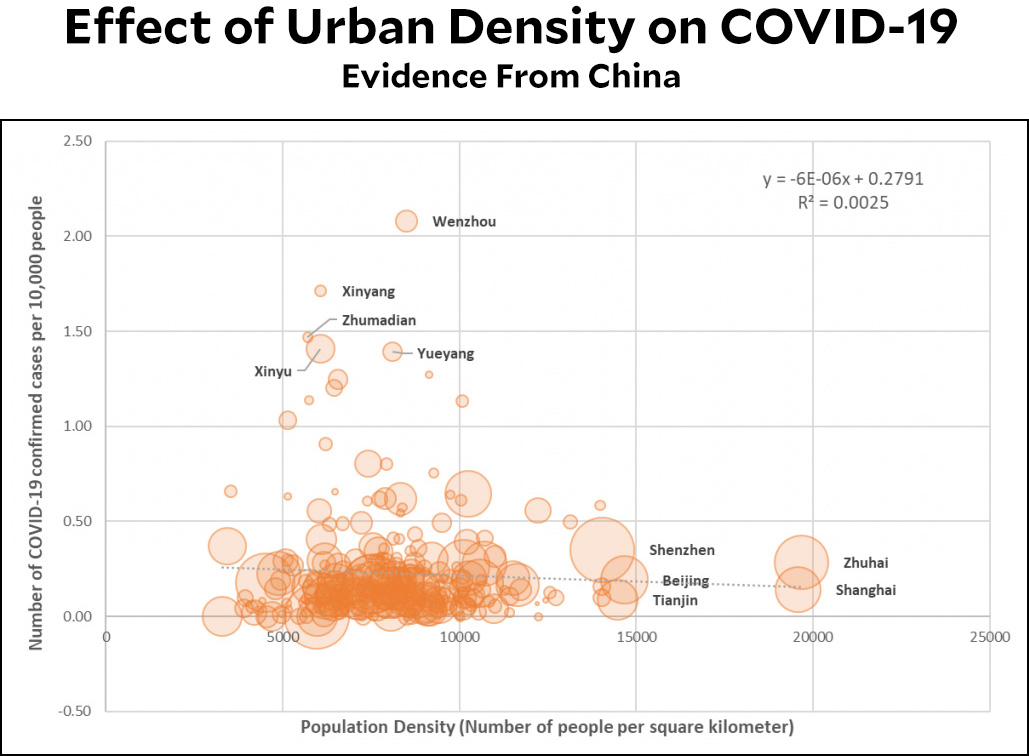
I have two recent C19 studies to share with you. The first concludes that people with cancer do worse than people without cancer. In particular, those with hematological cancers—like, say, multiple myeloma, just to pick an example out of a hat—do way worse:

Yuck. The second study says that dense urban areas don’t do any worse than smaller, less dense towns:

Hmmm. What to believe? There doesn’t seem to be anything obviously wrong with either study, but my stated prior belief is not to trust studies out of Wuhan because, for some reason, there just seems to be something different about Wuhan. But what about studies that include Wuhan but also other areas of China? Should I stick with my priors and be skeptical? Or should I judge them the same way I’d judge any other study? Decisions, decisions.















